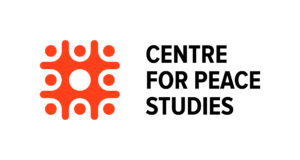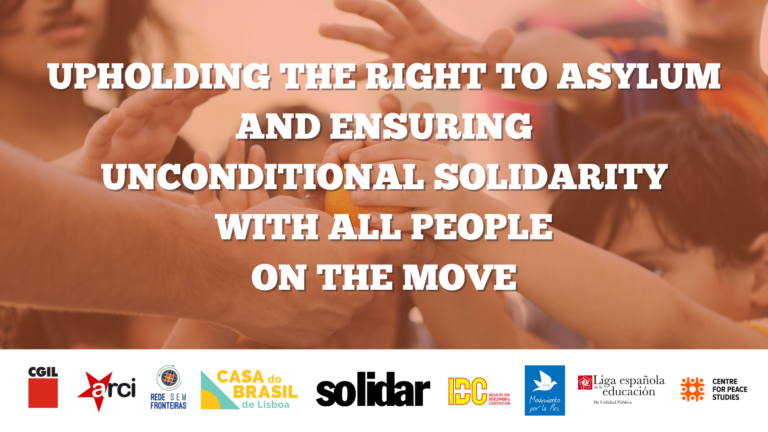How the political agreement on the EU Pact on Migration and Asylum fails the solidarity and human rights test
A political agreement was found on the EU Pact on Migration and Asylum on 19 December after intense weeks of trilogues. The worrying outcome weakens considerably the European asylum system instead of addressing its shortcomings. If adopted, the 5 regulations of the Pact will in summary, create more walls, lower protection and fundamental rights standards and increase detention and cases of racial profiling, as civil society underlined in an eleventh-hour open letter ahead of the final negotiations.
A number of individuals from all negotiating parties shared the view that the uncertainty around the future composition of EU institutions after the 2024 elections, and the fact that the next four EU presidencies will be held by countries known for being hardliners on migration, made urgent an agreement on the EU Pact, apparently at all costs. This argument was used as a justification to push the Parliament, whose initial position had mitigated some of the worst elements of the Pact, to compromise at absurd levels. The result is basically either a return to the Commission position or an endorsement of the Council’s general approach, with disastrous consequences for fundamental rights. In particular, the Parliament made the shocking move to concede to the Council’s proposal to include ‘’instrumentalisation’’ in one of the proposals, bypassing its negotiating mandate.
At odds with the proposed asylum reforms, the response to displacement from the war in Ukraine has shown compassion and the will to protect people while giving them autonomy. A coordinated European response to swiftly grant protection status of reasonable initial duration with immediate access to rights and freedom of movement, are a testimony of what is possible to achieve and should inspire future reforms of the European asylum systems. Proceeding on the path the Pact is headed on would formalise an unfair, two-tiered system to granting protection.
The agreement remains a political one and has yet to be formalised into a technical text, which needs to be adopted by co-legislators. SOLIDAR rejects the political agreement and urges the Belgian Presidency to play an active role in pushing the technical negotiations away from the use of detention of families, accelerated and discriminatory procedures, derogations from safeguards, unfair sharing of responsibility for applicants and racial profiling.
In the medium to long-term, SOLIDAR calls for a solidarity- and human rights- based approach to migration and asylum in the EU, notably through:
- Investing in asylum systems in Europe guaranteeing all people access to fair procedures at all times, moving away from practices of detention and improving reception;
- Creating a meaningful solidarity system with a fair distribution of asylum-seekers across Member States, focusing on relocation.
- Adopting and expanding safe, regular and structural pathways to enter and reside in Europe, for all purposes.
- Supporting the long-term inclusion and participation of all migrants
- Promoting a positive narrative on migration and interculturality.
















